Former finance minister Joe Oliver is selling his Wychwood house for $4.5 million
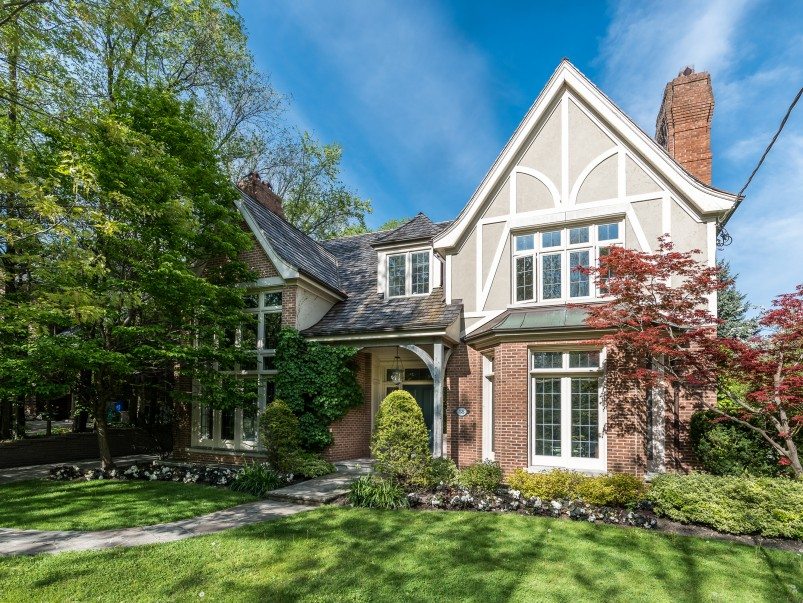
Joe Oliver, who was Canada’s Conservative finance minister until he was swept out of office by Justin Trudeau’s landslide, is now in the process of making another, more voluntary exit. He’s selling his home in Wychwood Park, the gated community where he has owned property for almost 30 years.
According to the listing, Oliver’s house has more than 3,500 square feet of living space (not counting the 1,900-square-foot lower level) and a view of Taddle Creek Pond.
The asking price is $4,495,000. Oliver bought his land in Wychwood Park in 1987, for $500,000, but he didn’t finish building this house until 1990.
The flooring is oak herringbone:

Tall leaded glass windows give the interior an antique look, though the house is only about 25 years old:

Oliver must have thought so many deep, financial thoughts in this wood-panelled library:
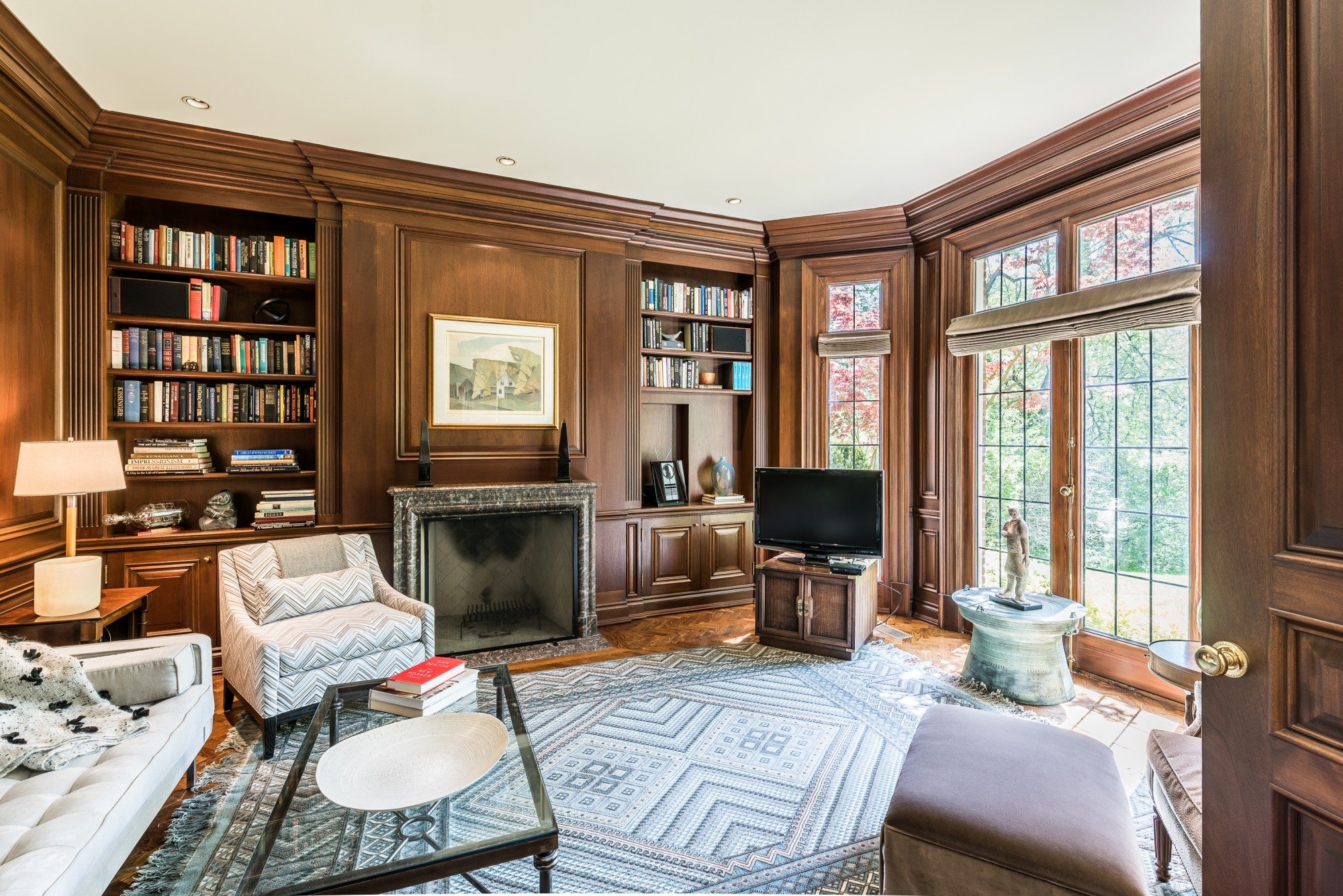
The house has a formal dining room, complete with chandelier. The windows have a view of the garden:
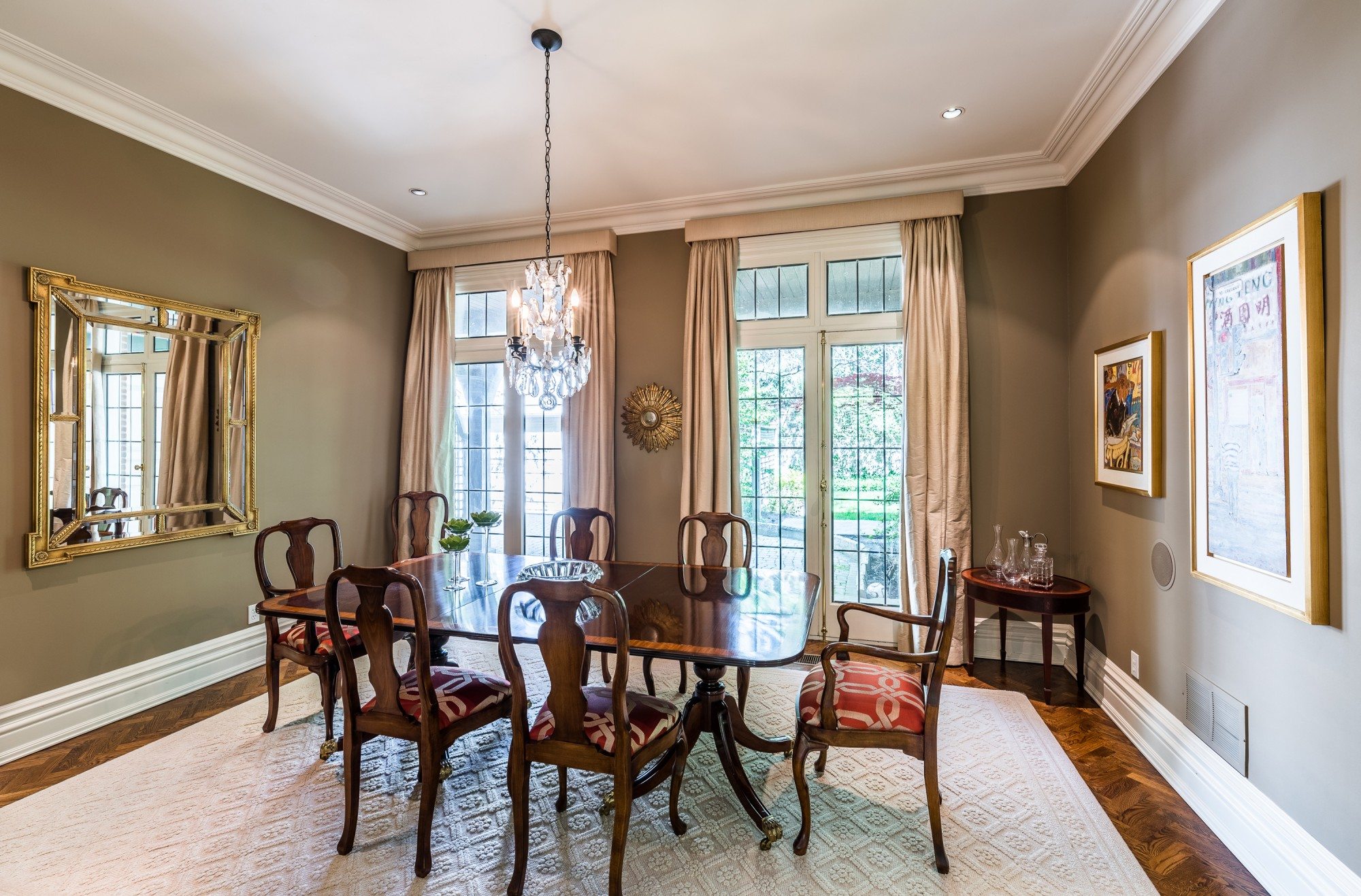
The kitchen has slate flooring:
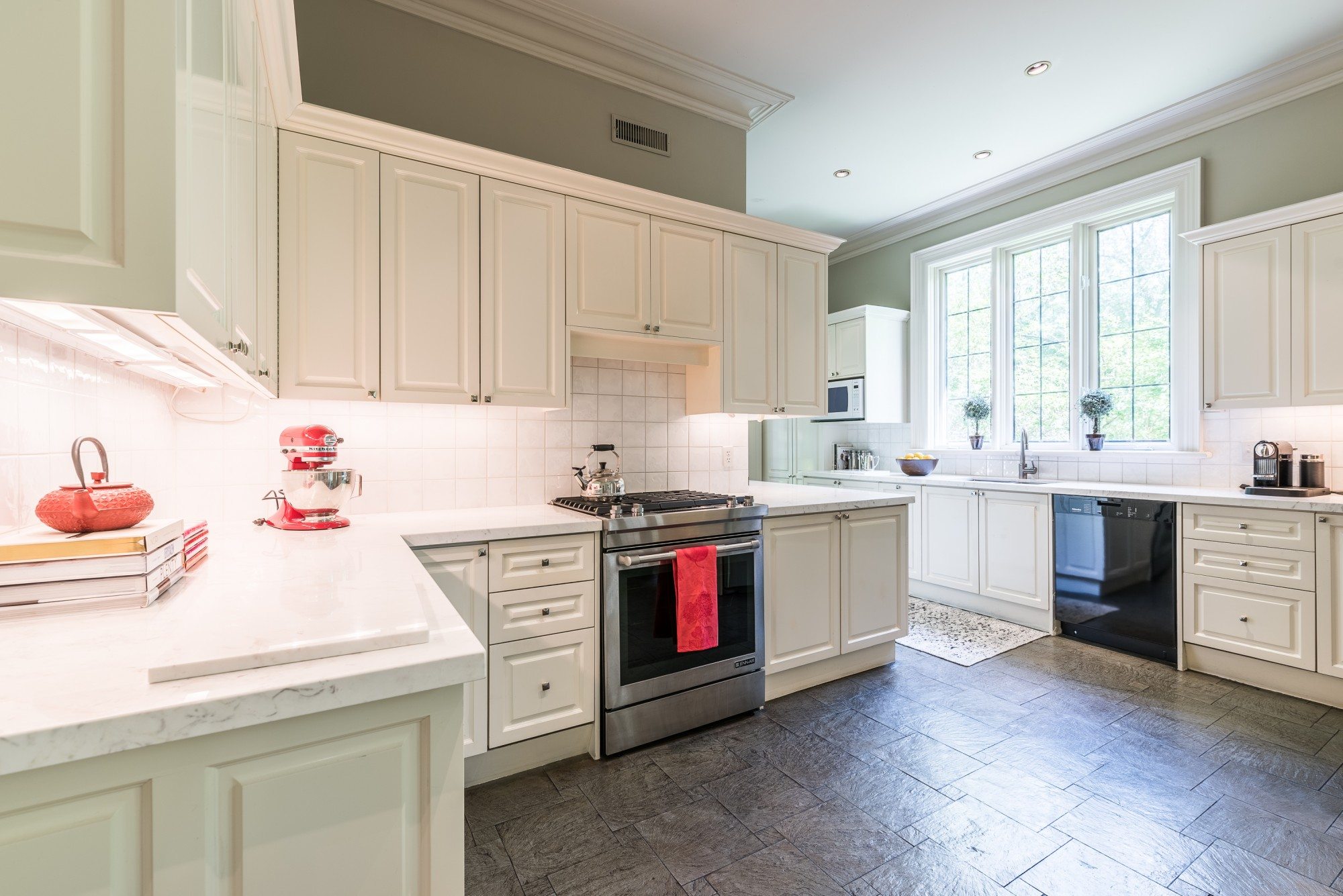
And here’s the master bedroom, with its own marble fireplace.
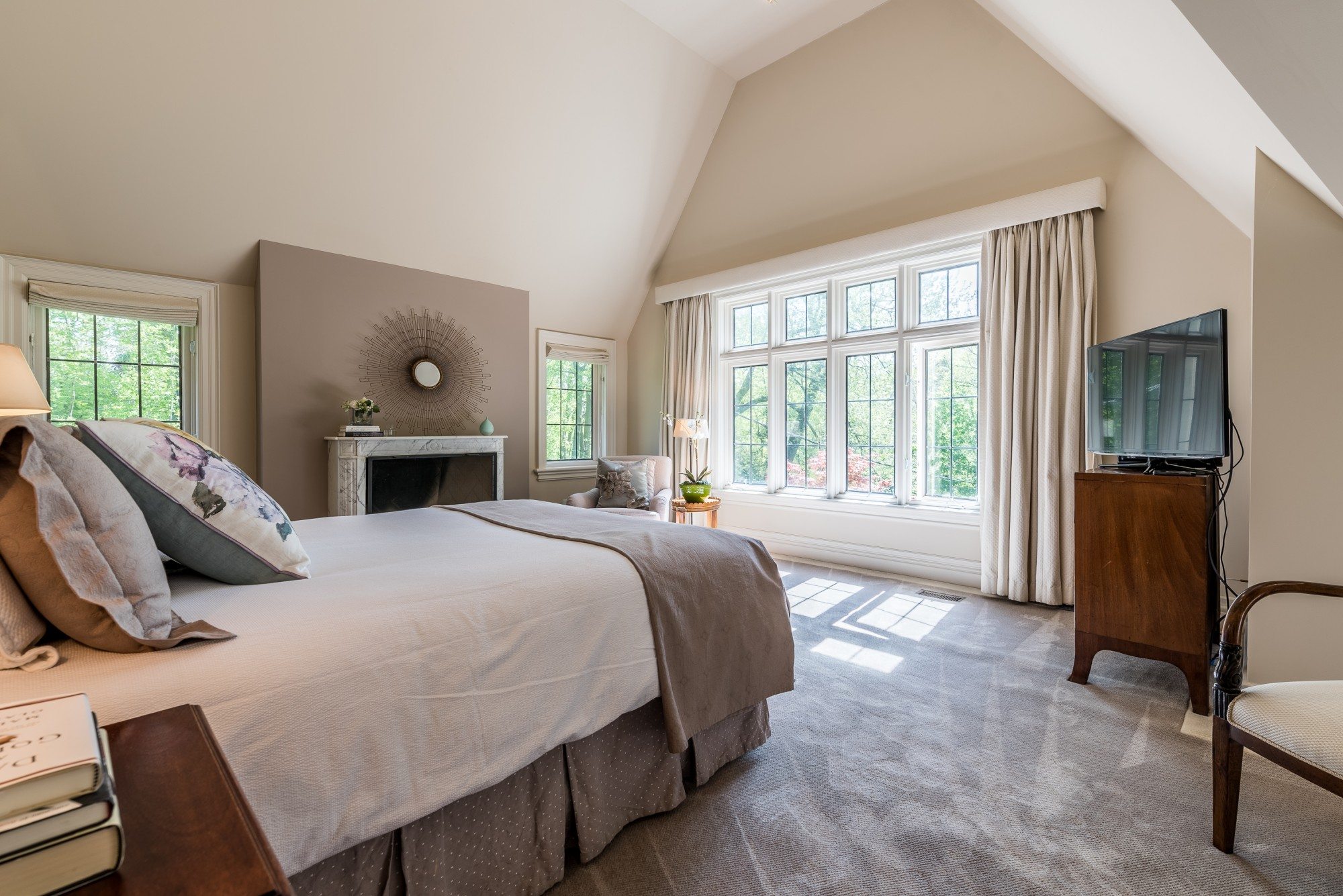
The master ensuite:

And here’s the backyard:
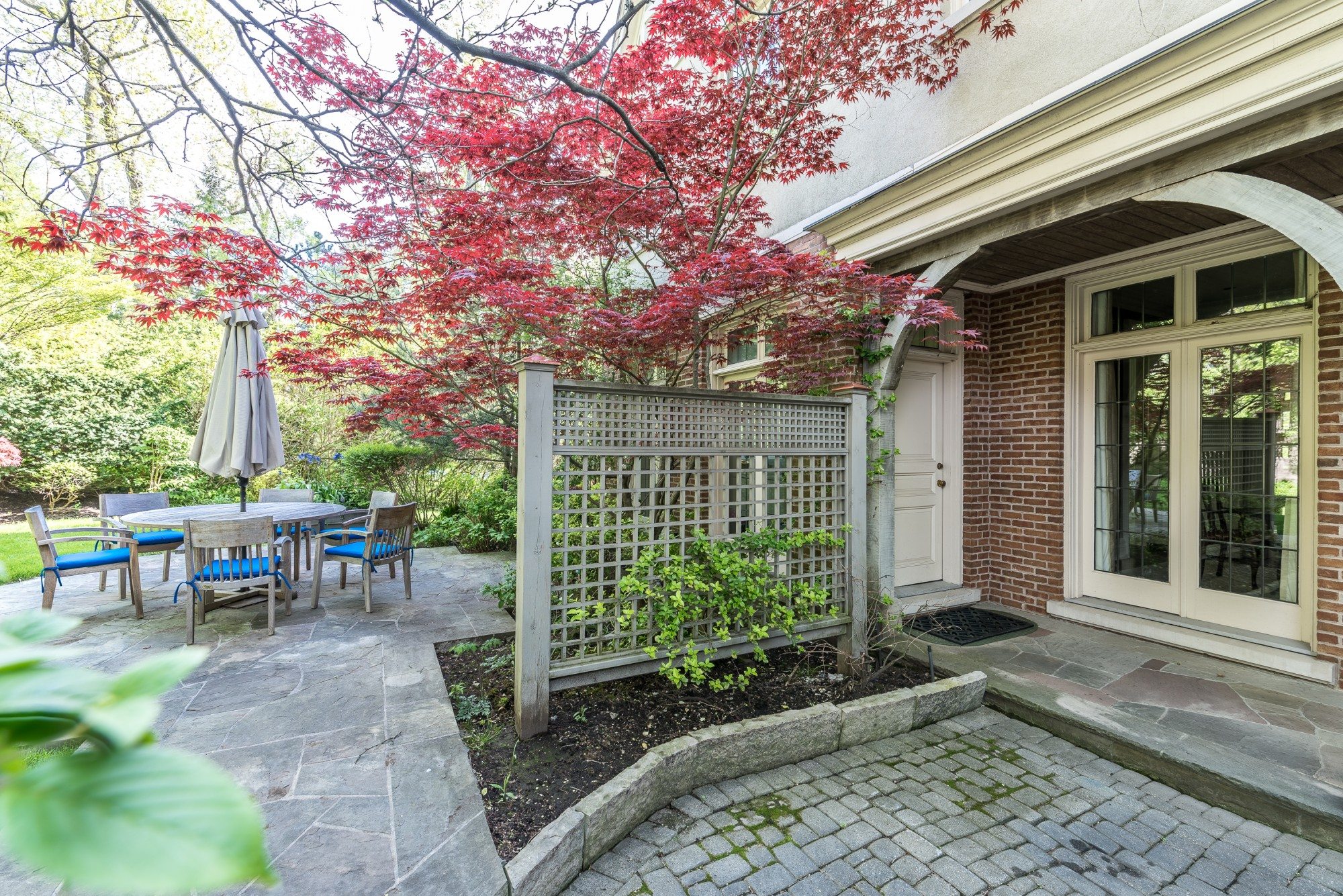
Sarah Giacomelli, Oliver’s agent, who also happens to live in Wychwood Park, denies any knowledge of the reason for the sale. “It’s just a move,” she said.
Whoever buys the property will be buying into a unique arrangement. Wychwood Park is a private enclave, where all the common areas are owned not by the city, but by the neighbourhood’s landholders. Everyone who lives within Wychwood Park’s borders pays an annual levy, calculated according to lot size. It pays for things the city would normally take care of, like road maintenance and upkeep on the neighbourhood’s central park and tennis courts.
The tiny-community feel is nearly unique in Toronto. It is, though, occasionally marred by legal drama over the details of the century-old trust deed that governs the whole arrangement. If worse comes to worst, fighting over money is a very effective means of getting to know your neighbours.





